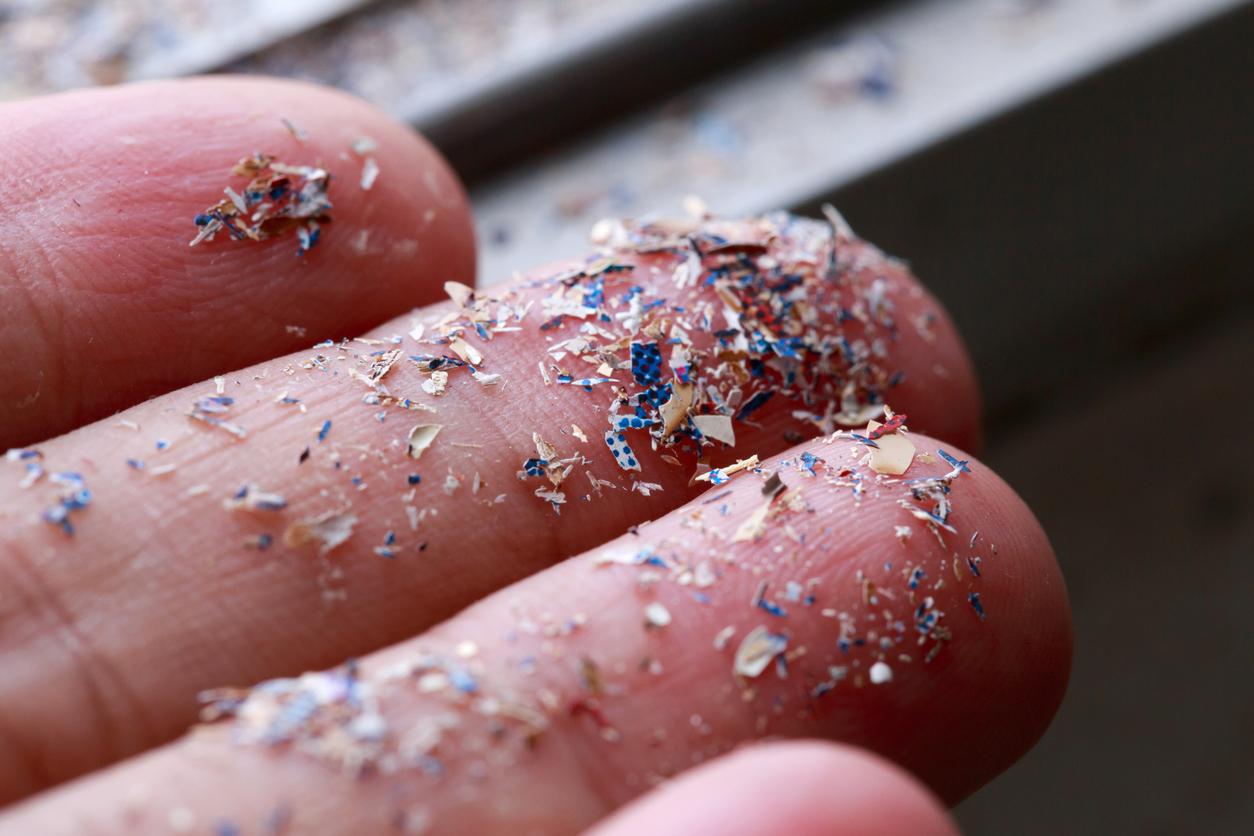Exposure to phthalates contained in certain plastics may impact health for two generations, according to a new study.

- Studies reveal that DCHP is present in both food and water, as well as in human urine and blood samples.
- Although the direct impact of human exposure to this chemical is still unclear, the United States Environmental Protection Agency has added DCHP to a list of 20 high priority substances for risk assessment.
Some particles that detach from plastic products do not only affect the health of those who handle them, but also that of their offspring. Researchers from the University of California Riverside (UCR) reveal in a new study published in the February 2023 issue of the journal Environmental International that fathers exposed to certain chemicals from plastics that affect metabolic health can pass this damage on to their children for two generations.
Endocrine disruptor: why phthalates are dangerous
Exposure to certain plastics can be dangerous because they contain endocrine disruptors, substances capable of interfering with our hormonal system, causing deleterious effects. These endocrine disruptors include phthalates, methyl tert-butyl ether (MTBE), toluene and n-hexane. These substances are associated with several chronic diseases, such as diabetes and obesity.
Until now, scientific research had focused more on how exposure to endocrine disruptors from plastic affects mothers. In this new study, the team looked at the impact of paternal exposure to a substance called dicyclohexyl phthalate (DCHP), which manufacturers add to plastic to increase its durability. They examined its effect on health by testing them on mice, over two generations. The first generation was named F1 and the second F2. Their experiments reveal that exposure to DCHP for four weeks results in elevated insulin resistance and impaired insulin signaling in progeny of the F1 and F2 generations, although it is lower in the F2.
Plastic pollution: female offspring may be more at risk
“We found that paternal exposure to endocrine-disrupting phthalates can have intergenerational and transgenerational adverse effects on the metabolic health of their offspring. To our knowledge, our study is the first to demonstrate this”said Changcheng Zhou, a professor of biomedical sciences at the UCR medical school, in a university statement.
Prof. Zhou and his team have specifically focused their attention on small RNA molecules in sperm that act as messengers, passing genetic information to future generations. To do this, they used the “PANDORA-seq method”, which is able to show that exposure to DCHP can alter sperm RNA. To model their experiment, the team bred male F1 mice with unexposed females to produce F2 offspring. Interestingly, their work revealed that paternal exposure to DCHP induced metabolic disorders in male and female F1 offspring, but only in female F2 offspring.
“This suggests that paternal exposure to DCHP may lead to sex-specific transgenerational effects on the metabolic health of their offspring”continues Professor Zhou. At this time, we do not know why the disorders are not seen in F2 male offspring.” The researcher concludes:“It’s best to minimize our use of plastic products. It can also help reduce plastic pollution, one of our most pressing environmental issues.”















